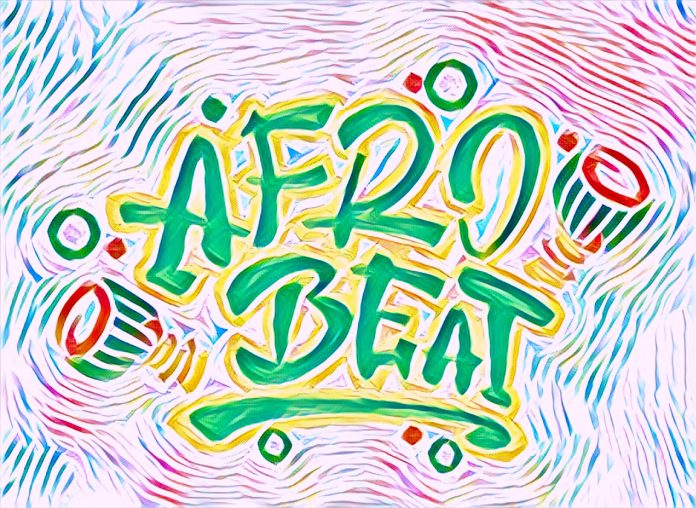KEY POINTS
-
Afrobeat’s modern evolution, led by Nigerian artists, has become a global cultural force influencing music, fashion, and identity.
-
The genre’s spread has energized Nollywood, global fashion houses, and diaspora communities reconnecting with their African roots.
-
Afrobeat contributes significantly to Nigeria’s creative economy and fosters youth empowerment and global cultural visibility.
In recent years, Nigeria has emerged as a cultural superpower, propelled by a renaissance in pop culture driven by the explosive growth of Afrobeat.
What began as a genre championed by late icon Fela Kuti has now evolved into a global movement, influencing everything from music and dance to fashion and social discourse.
Afrobeat’s reawakening in the digital age is not only redefining Nigeria’s image abroad but also creating a cultural blueprint for global youth expression.
Afrobeat’s resurgence, marked by artists like Burna Boy, Wizkid, Tiwa Savage, Rema, Tems, and Davido, has transcended traditional boundaries.
These artists are not merely chart-toppers; they are cultural ambassadors who blend the sonic elements of traditional African rhythms with contemporary sounds.
Platforms like Spotify, Apple Music, and TikTok have allowed Afrobeat to flourish beyond African shores, embedding it into mainstream Western playlists and global party scenes.
Afrobeats — a modern offshoot sometimes confused with Fela’s original Afrobeat — is characterized by its fusion of highlife, dancehall, hip-hop, and house music. It is often differentiated by its themes: while Fela’s Afrobeat was overtly political, today’s Afrobeats thrives on themes of love, joy, youth resilience, and Afrocentric pride.
Fashion, film, pop culture and diaspora pride
The ripple effect of Afrobeat is also visible in global fashion. The flamboyant styles worn by Nigerian stars at international awards — rich with Ankara prints, embroidery, and bold colors — have become statements of identity and rebellion against Eurocentric aesthetics.
African designers now find their pieces featured in global magazines and worn on runways from Milan to Paris, where Afrobeat artists often perform.
In film and media, Nollywood’s rising quality and popularity dovetail with Afrobeat’s rise, presenting a unified front of modern Nigerian creativity. Netflix and Amazon Prime have both invested heavily in Nigerian content, with Afrobeat tracks routinely featuring in soundtracks and promotional campaigns.
The African diaspora, particularly in the US and UK, have embraced this renaissance. Black youth increasingly view Afrobeat as a bridge to ancestral heritage, using music and fashion to reconnect with cultural roots previously blurred by colonial and migration histories.
Afrobeat’s influence was most prominently displayed in global events such as the 2023 NBA All-Star halftime show, which featured Burna Boy, Tems, and Rema — the first time African artists led the entire entertainment lineup. Likewise, Nigerian sounds have been sampled by Beyoncé, Drake, Justin Bieber, and Selena Gomez, signaling the genre’s permanence in global pop.
Economic power meets cultural pride
Back home, the impact is equally profound. Lagos has become a creative hub, hosting events like the Livespot Festival, the Headies Awards, and fashion weeks that draw thousands of international creatives and brands.
Young Nigerians are increasingly turning to content creation, fashion, dance, and music production as viable careers.
Data from the Nigerian Export Promotion Council shows that Nigeria’s creative industry contributes over $7 billion to the national economy and could become one of the country’s largest exports by 2030.
Despite challenges such as internet access, intellectual property theft, and uneven government support, the spirit of innovation and cultural pride continues to thrive. Artists are self-funding, crowdsourcing, and using social media to bypass traditional industry gatekeepers.
Afrobeat’s rise mirrors Nigeria’s social shifts. In a country often grappling with economic disparity and political tension, pop culture — especially music — offers a sense of unity, pride, and escape. For many young people, Afrobeat is not only a soundtrack but also a symbol of what is possible.
As Nigeria’s influence expands, the world is no longer just watching — it is dancing along.



